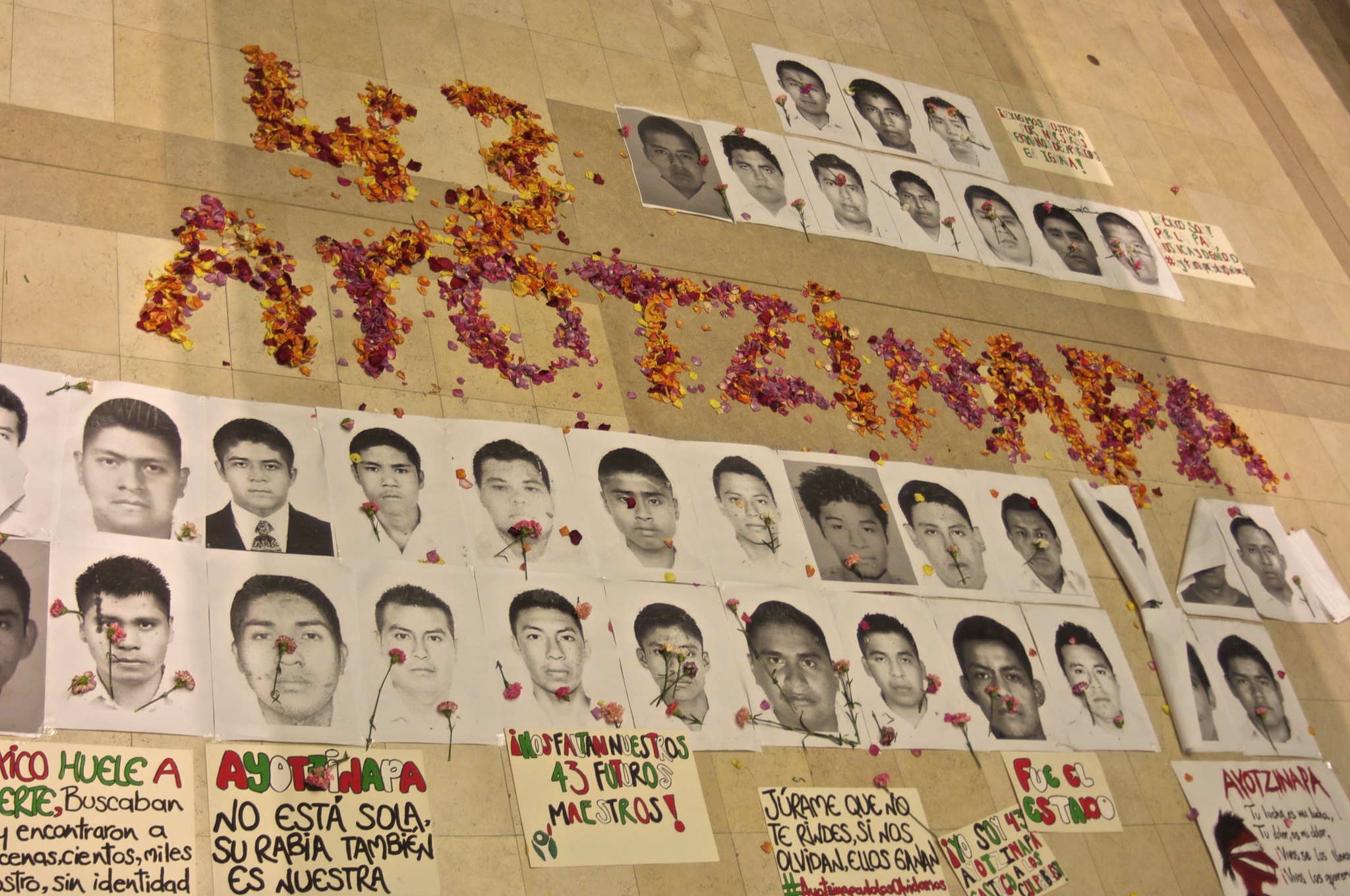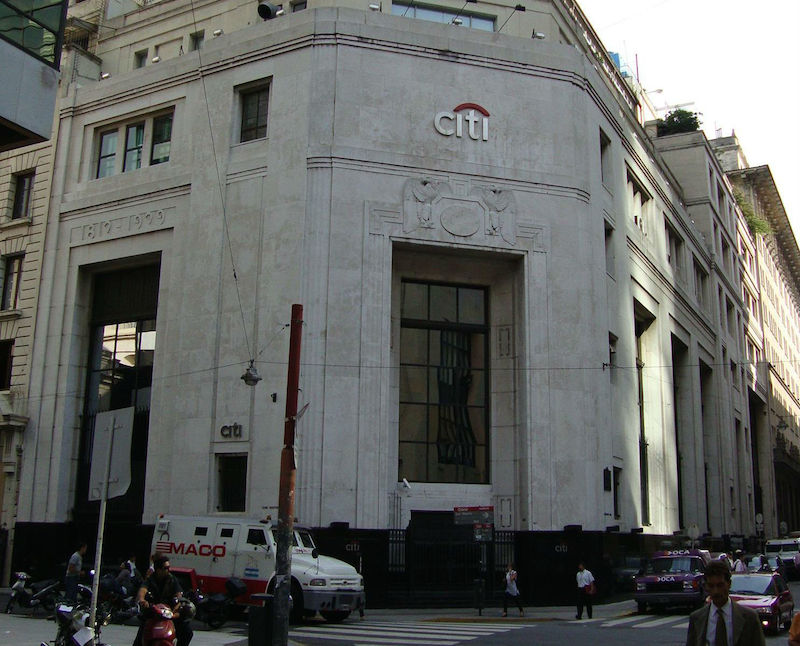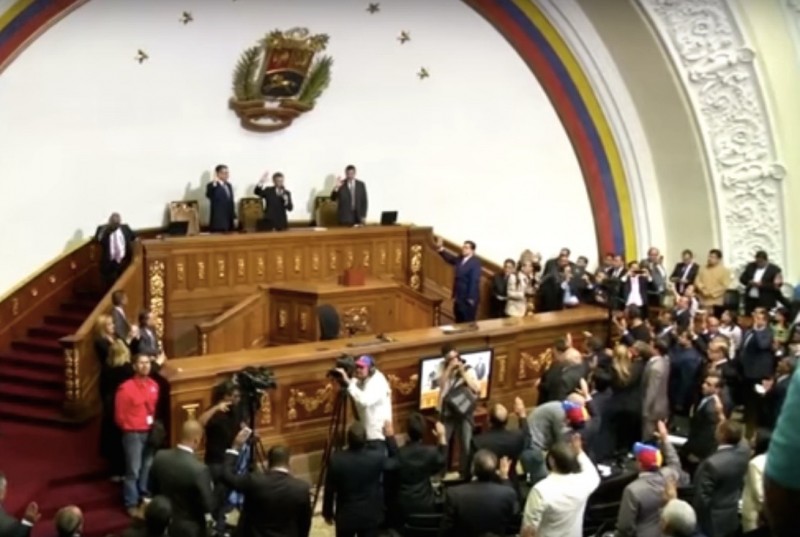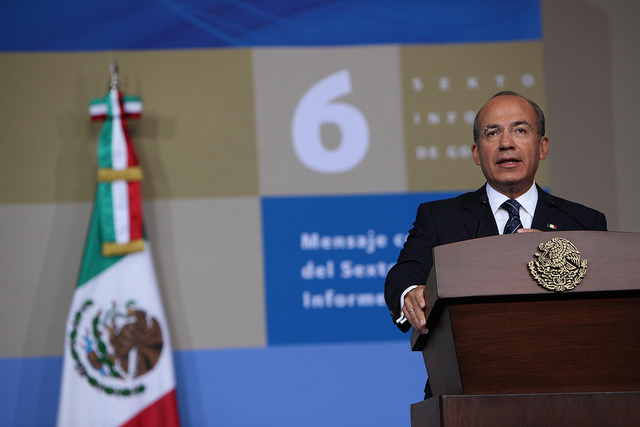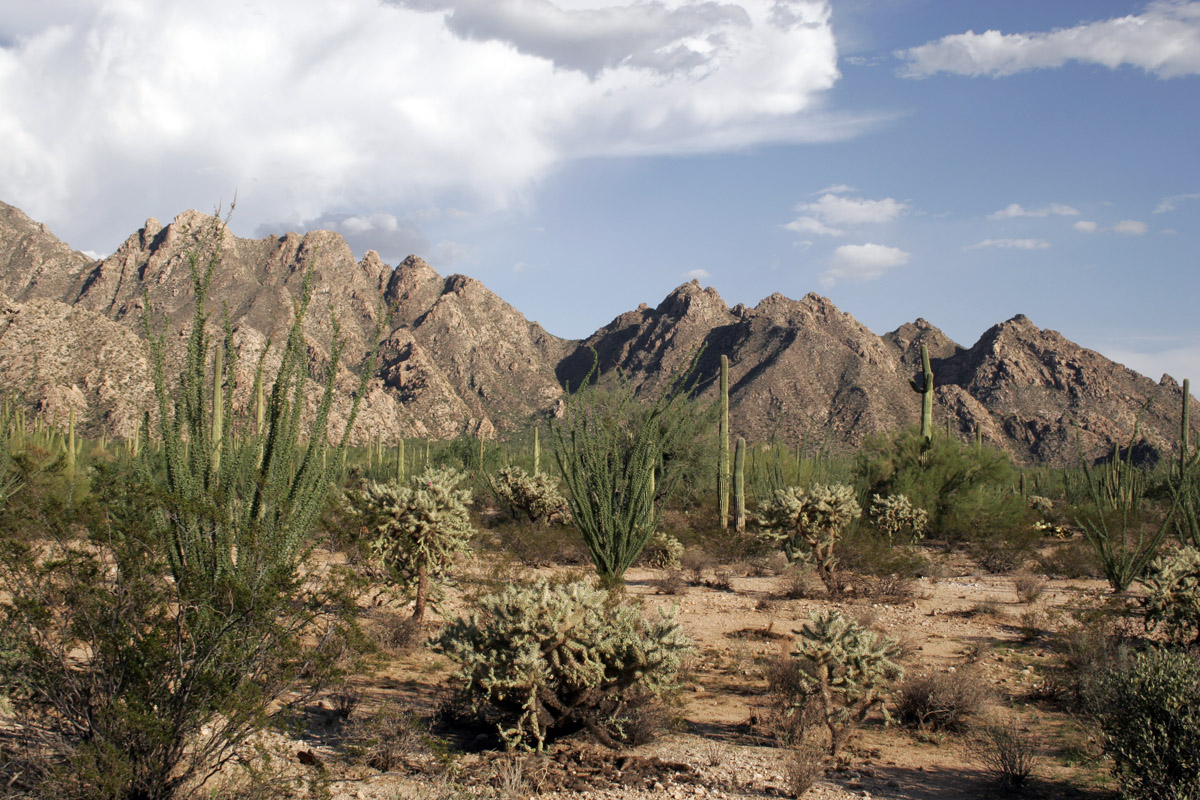
Latin America: Week in Review
Red Cross Delivers First Aid to Venezuela
April 17, 2019 By Staff
TODAY IN LATIN AMERICA
VENEZUELA: The Red Cross delivered its first shipment of humanitarian aid to Venezuela yesterday, just one week after securing permission to visit Venezuela’s prisons. The shipment comes after months of disagreements between Venezuelan President Nicolás Maduro and opposition leader Juan Guaidó over the necessity of aid. Maduro long denied the need for aid, believing that asking for assistance would admit to the presence of a humanitarian crisis, while Guaidó requested aid from the United States that was blocked at the Colombian border.
In sending this shipment of humanitarian aid, the Red Cross has re-emphasized its neutrality in the Venezuelan crisis. The shipments “will be distributed in conformance with the fundamental principles of our movement, especially neutrality, impartiality and independence,” Mario Villarroel, president of the Venezuelan Red Cross, told the Associated Press, “Don’t allow the politicization of this great achievement.”
HEADLINES FROM THE WESTERN HEMISPHERE
NORTH AMERICA
MEXICO: The town of Huixtla in Chiapas declared an emergency Monday night as a caravan of about 2,000 Central American migrants entered the town. Authorities tried to block the caravan from entering and then urged stores to close when the migrants flowed into town anyway. Huixtla officials said, “the majority of the people coming are not coming peacefully, as we might have hoped.” Just last year, Huixtla welcomed migrant caravans, providing food and shelter. The reception of the caravans in Mexico has since changed as the government tries to stop them or break them up before reaching the U.S. border.
MEXICO: On Tuesday the Mexican government released intelligence documents from 1979 and 1980 from the now defunct Federal Security Department, including documents about President Andrés Manuel López Obrador (AMLO), who belonged to the Institutional Revolutionary Party (PRI) and was a delegate of the National Indigenous Institute at the time. Some of the documents claimed AMLO was a local leader of the Mexican Communist Party, which he has denied. AMLO recently opened up the Federal Security Department archives to help preserve historical memory, he said.
UNITED STATES: The American Museum of Natural History in New York will no longer host a planned event honoring Brazilian President Jair Bolsonaro after it received public criticism, including from New York Mayor Bill de Blasio. The museum faced backlash as critics pointed out the irony of an institution dedicated to nature hosting an event honoring a president who has threatened protections of the Amazon and the environment. The Brazilian-American Chamber of Commerce, which hosts the annual Chamber of Commerce Gala, still plans to honor Bolsonaro as Person of the Year.
CENTRAL AMERICA
NICARAGUA: The Nicaraguan national police denied a permit request for public marches commemorating the anniversary of anti-government protests, on the ground that the two people who applied had taken part in serious disturbances weeks before. A spokeswoman for the opposition coalition coordinating the demonstrations said the march will go on as planned. Michelle Bachelet, U.N. High Commissioner for Human Rights suggested the government should allow the protests to “avoid repression,” saying, “the protests organized for the coming days could trigger a violent reaction.”
COSTA RICA: The Costa Rican Tourism Board (ICT) announced a strategy to prevent drownings through a mobile app that will monitor waves and tides. The app, “MICOMAR”, available in Spanish and English, has seven-day forecasts of surf currents and sea conditions that are divided into categories that indicate precautions for swimmers. They are updated every six hours. The ICT also plans to hire 20 more lifeguards for beaches with the highest rates of drowning: Manuel Antonio, Ballena and Cocles-Manzanillo. The app was a collaborative effort with the University of Costa Rica and will be released in June.
CARIBBEAN
HAITI/BARBADOS: Jean Wilny Michel, a 31-year-old man from Haiti, is seeking asylum in Barbados — the first case of its kind in the country, according to Chief Justice Sir Marston Gibson. “I have political persecution in my country, Haiti and I (fled) here to Barbados to save my life,” he told the newspaper Barbados Today on Monday. Michel, a computer scientist and broadcast technician, arrived in Barbados in September and was granted a six-month stay, which expired on March 25.
SOUTHERN CONE
CHILE: An Archipiélagos-owned airplane crashed in the city of Puerto Montt yesterday, killing all six people on board. The plane crashed shortly after take off, according to Puerto Montt Mayor Harry Jurgensen, and landed on top of a house in the southern Chilean city. Chilean civil aviation is investigating the crash, but neither the government nor the company have yet commented on its cause.
BRAZIL: President Jair Bolsonaro’s government announced a $128 million credit to truckers and a $514 million infrastructure plan to improve roads yesterday, intended to ward off another truckers’ strike. A similar strike in 2018 cost the country nearly $7.7 billion and caused dramatic food and supply shortages. This announcement comes less than a week after Bolsonaro cancelled a planned increase in diesel prices which tanked shares in Petrobras, Brazil’s state oil company.
